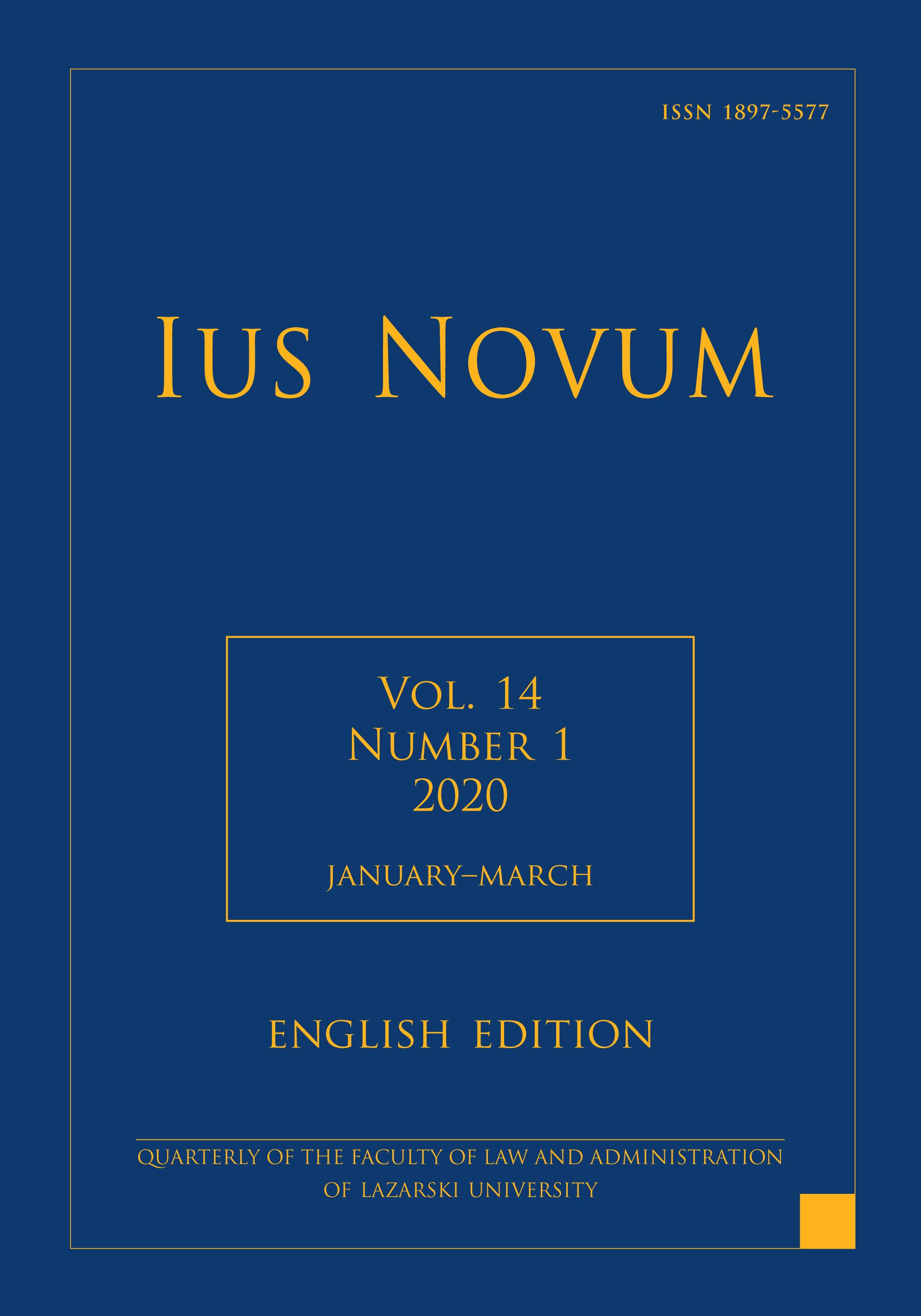Abstract
The gloss deals with Polish Supreme Administrative Court’s judgment of 10 October 2018 concerning a right to transcribe a British birth certificate (issued to the child holding the Polish citizenship by birth who was born in the United Kingdom) to the Polish civil register. The Polish administration bodies and the Voivodeship Administrative Court in Kraków refused to make the transcript. They claimed that, according to the British document, the child has a mother and “a parent” who is also a woman, hence the transcript would infringe Polish law, provide misleading information, and be against public order. The Supreme Administrative Court changed its previous interpretation by citing the Constitution of the Republic of Poland, as well as international law, which has been ratified by Poland: the Convention of the Rights of the Child, the European Convention of Human Rights and judgments of the European Court of Human Rights. However, the judges did not find the case to be “within the EU law”, and they did not submit a request for a preliminary ruling. This judgment exemplifies the clash between “a wide margin of appreciation” and the right of individuals to “translate” decisions issued in other European states into their national legal systems. Thus, the gloss contributes to the discussions on an extent of a state sovereign power in private and family life matters
